Blog
-
Is Bad Eyesight Genetic?
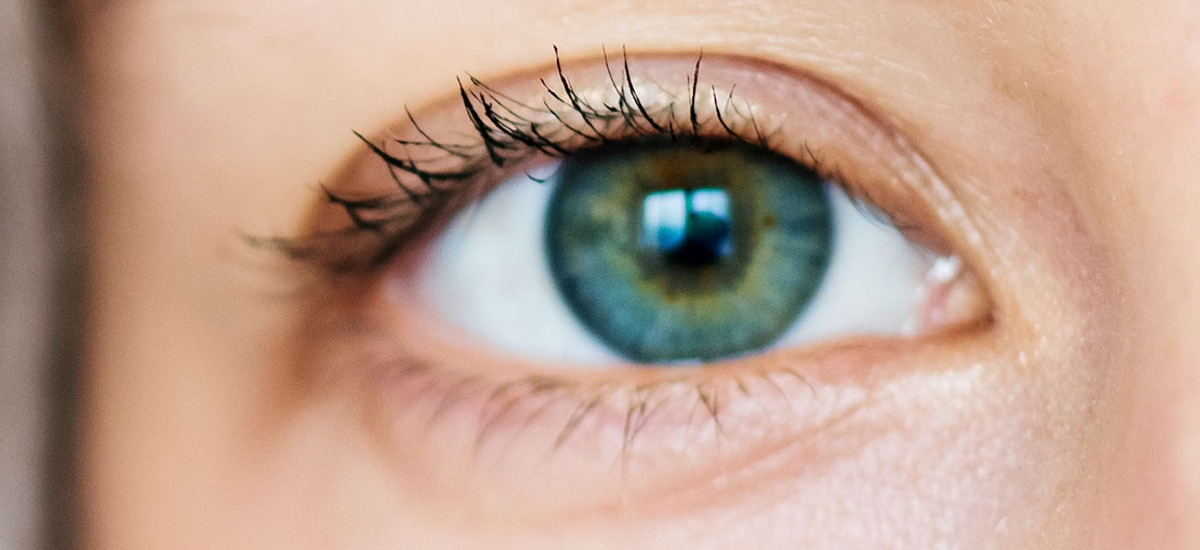 The definition of “poor eyesight” may vary from person to person. Some people may call it anything below 20/20 vision (which is considered average), while others may say it’s anything requiring prescription glasses.
Many factors can contribute to poor eyesight, including your environment and lifestyle. But is bad
Read more...
The definition of “poor eyesight” may vary from person to person. Some people may call it anything below 20/20 vision (which is considered average), while others may say it’s anything requiring prescription glasses.
Many factors can contribute to poor eyesight, including your environment and lifestyle. But is bad
Read more...
-
Top 3 Natural Eye Care Tips
 No matter your age or vision level, establishing an eye care routine is essential. It might start with regular eye exams with your Independent Doctor of Optometry and lead into avoiding specific foods, such as desserts and saturated fats. But there are plenty more natural eye care tips to get your eyes in the optimal
Read more...
No matter your age or vision level, establishing an eye care routine is essential. It might start with regular eye exams with your Independent Doctor of Optometry and lead into avoiding specific foods, such as desserts and saturated fats. But there are plenty more natural eye care tips to get your eyes in the optimal
Read more...
-
Can Glasses Correct Vision to 20/20?
 Refractive errors are one of the top reasons that people wear glasses. Astigmatism, hyperopia, myopia, and presbyopia can make your vision blurry at different distances, and often, prescription eyewear is the fastest solution.
Once you get corrective lenses, you’ll wish you had them sooner, as they can
Read more...
Refractive errors are one of the top reasons that people wear glasses. Astigmatism, hyperopia, myopia, and presbyopia can make your vision blurry at different distances, and often, prescription eyewear is the fastest solution.
Once you get corrective lenses, you’ll wish you had them sooner, as they can
Read more...
-
Can Wearing Reading Glasses All the Time Hurt Your Eyes?
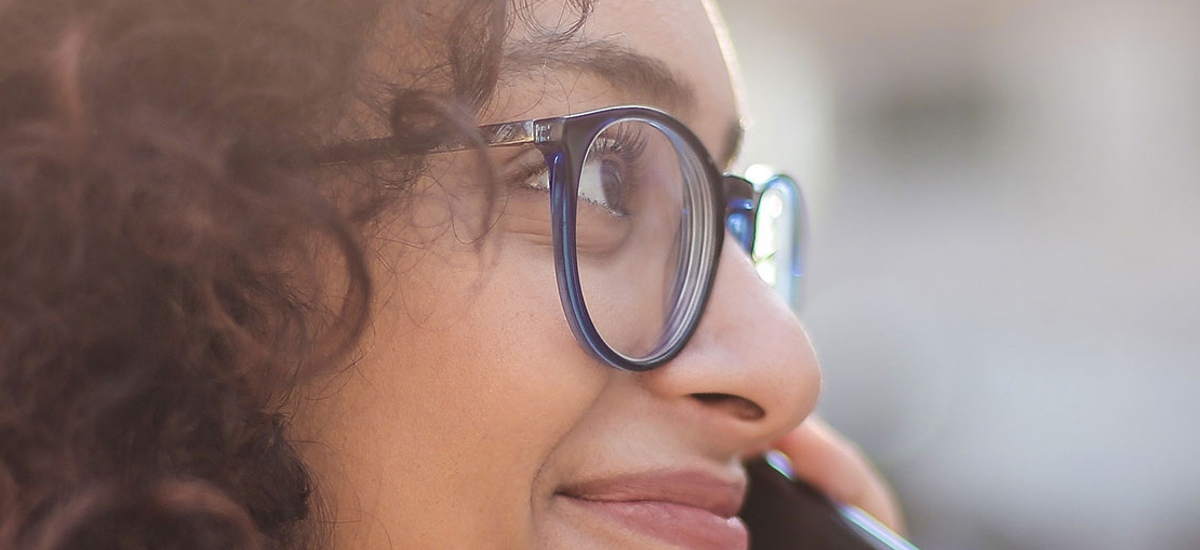 Once you enter your 40s, you may become closer and closer to needing reading glasses. Why? People above age 40 are at the highest risk for presbyopia, a refractive error caused by aging eyes.
The idea of needing reading glasses for presbyopia might startle you at first, but there’s no need to worry. Presbyopia affects most people
Read more...
Once you enter your 40s, you may become closer and closer to needing reading glasses. Why? People above age 40 are at the highest risk for presbyopia, a refractive error caused by aging eyes.
The idea of needing reading glasses for presbyopia might startle you at first, but there’s no need to worry. Presbyopia affects most people
Read more...
-
Do I Need Glasses for 20/30 Vision?
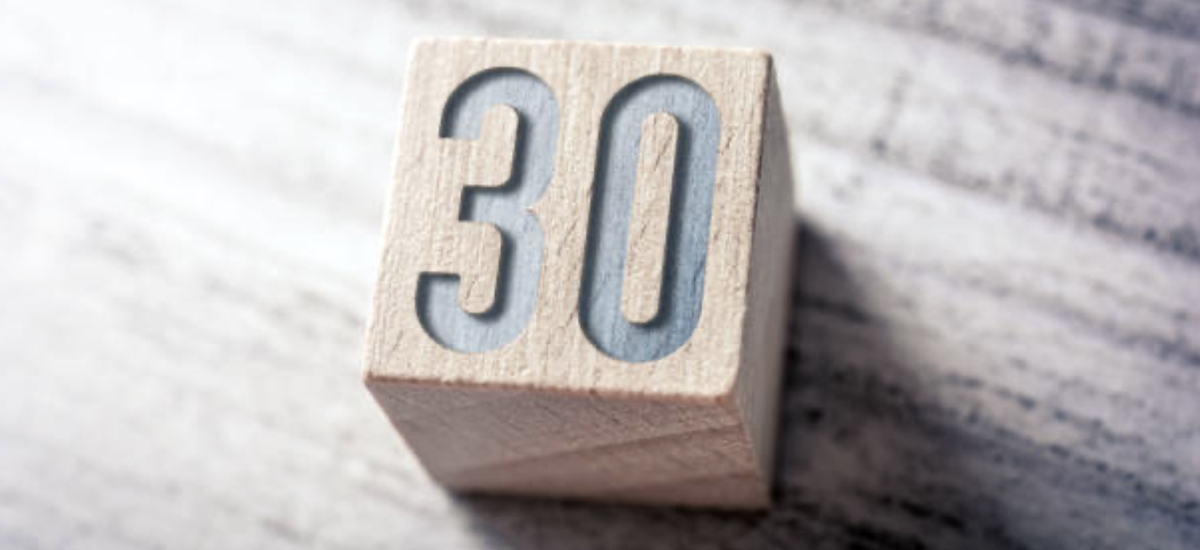 Is it ever challenging for you to see? If so, an eye exam is in order. One of the things your eye doctor will do is a visual acuity test. That will tell them–and you–if you need glasses.
Let’s say you had 20/20 vision at your last eye exam. This is standard vision, which means that you could clearly say what most other people could at a
Read more...
Is it ever challenging for you to see? If so, an eye exam is in order. One of the things your eye doctor will do is a visual acuity test. That will tell them–and you–if you need glasses.
Let’s say you had 20/20 vision at your last eye exam. This is standard vision, which means that you could clearly say what most other people could at a
Read more...
-
What Does 20/30 Vision Mean?
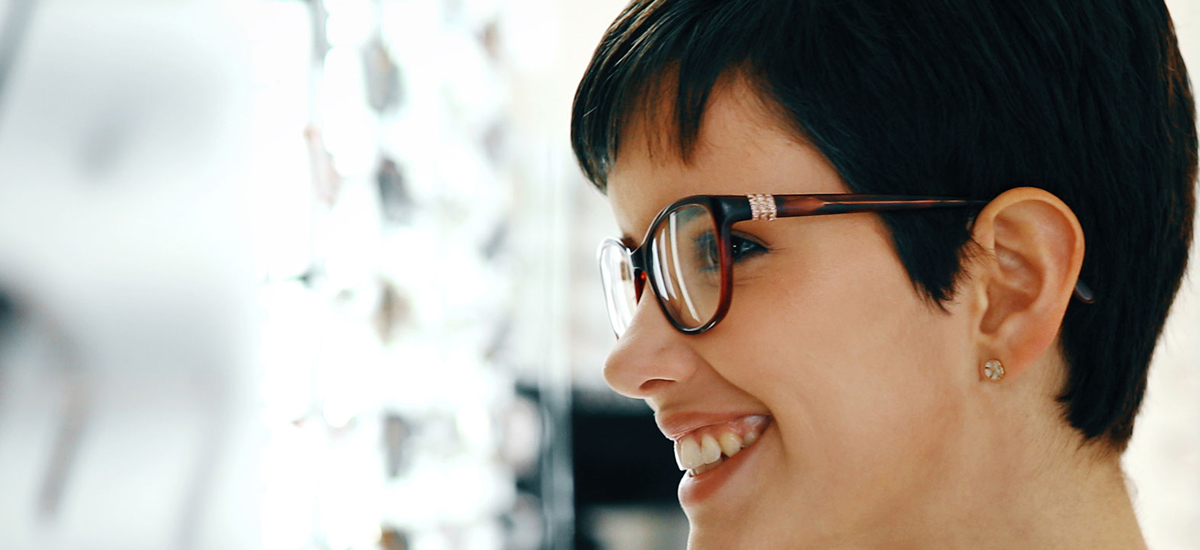 The chances are you’ve heard about 20/20 vision. It’s what most people hope for when going in for an eye exam, thinking that if you have 20/20 vision, you have no eye problems and have no need for glasses.
Contrary to popular belief, though, 20/20 vision doesn’t necessarily mean your eyesight is perfect. Technically, it’s the average
Read more...
The chances are you’ve heard about 20/20 vision. It’s what most people hope for when going in for an eye exam, thinking that if you have 20/20 vision, you have no eye problems and have no need for glasses.
Contrary to popular belief, though, 20/20 vision doesn’t necessarily mean your eyesight is perfect. Technically, it’s the average
Read more...
-
Does Wearing Glasses Improve Eyesight?
 If you ask us, glasses are one of the world’s best inventions. They can make someone with poor vision see crystal clear, help people who struggle to see far away, safeguard your eyes from ultraviolet light, and even protect your eyes from the damaging effects of blue light.
Most prescriptions are good for at least a year, but your vision
Read more...
If you ask us, glasses are one of the world’s best inventions. They can make someone with poor vision see crystal clear, help people who struggle to see far away, safeguard your eyes from ultraviolet light, and even protect your eyes from the damaging effects of blue light.
Most prescriptions are good for at least a year, but your vision
Read more...
-
How to Take Care of Your Eyes After 40
 Did you know you have a higher likelihood of eye issues after you turn 40? Vision complications may arise if you have one of these conditions:
Age-related macular degeneration (AMD) or glaucoma in your family
Diabetes
High blood pressure
Other medical issues that require prescription medicine
During your 40s, your eye lenses might
Read more...
Did you know you have a higher likelihood of eye issues after you turn 40? Vision complications may arise if you have one of these conditions:
Age-related macular degeneration (AMD) or glaucoma in your family
Diabetes
High blood pressure
Other medical issues that require prescription medicine
During your 40s, your eye lenses might
Read more...
-
Does Wearing Glasses Make Your Eyes Smaller?
 Did your eye doctor tell you that you need glasses for a refractive error? Don’t worry. Corrective eyewear can clear up your vision and alleviate many uncomfortable symptoms, such as blurry vision and eye fatigue.
In fact, prescription lenses may be just what you need to get your vision back on the right track. But does wearing glasses make your
Read more...
Did your eye doctor tell you that you need glasses for a refractive error? Don’t worry. Corrective eyewear can clear up your vision and alleviate many uncomfortable symptoms, such as blurry vision and eye fatigue.
In fact, prescription lenses may be just what you need to get your vision back on the right track. But does wearing glasses make your
Read more...
-
Why Is It Important to Take Care of Your Eyes?
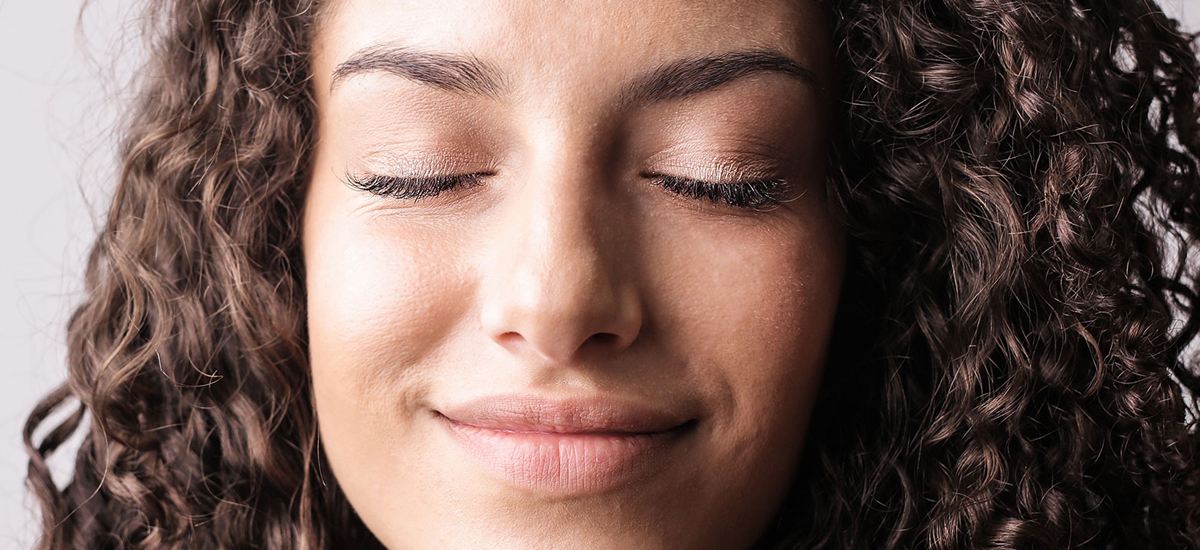 Taking care of your eyes involves a lot more than just getting the right pair of corrective lenses. To maximize your vision, you should understand the importance of eyes and the steps on how to take care of your eyes daily.
Why is it important to take care of your eyes? Let’s explore.
Why is it important to take care of your eyes?
Read more...
Taking care of your eyes involves a lot more than just getting the right pair of corrective lenses. To maximize your vision, you should understand the importance of eyes and the steps on how to take care of your eyes daily.
Why is it important to take care of your eyes? Let’s explore.
Why is it important to take care of your eyes?
Read more...







